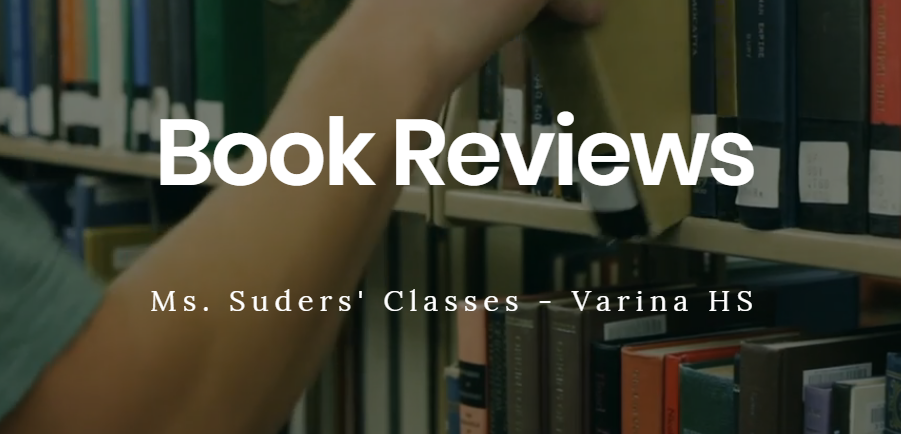Submitted by: Tyra Pickering
Collaborators: Katie Kier
School: Academy at Virginia Randolph
Summary
After researching novels from the Henrico county summer list, students will choose one novel to read in class. While reading the novel, students will maintain a one note with chapter summaries, character analysis, memorable quotes and setting descriptions. Passages will be chosen from their readings and will be used to generate LTF style exercises. At the end of the novel, students will use the movie-making program of their choice to create a Book Trailer that incorporates all they acquired. These Book Trailers will be added to the library database for use by students.
TIPC Ratings
Approaching: Students will investigate a variety of research possibilities to find out about novels. Students have the freedom to use whatever tools they choose for the research, but must utilize the previously taught skill of evaluating websites. Once they have found the information, students will organize the information into a presentable file that includes citations.
Developing: Students will work with the librarian, teachers, and each other to explore a variety of novels. While the project itself is an individual project, students work in groups discussing the novels, good research techniques, and technological issues. They will share their information with each other, the library and students who will view the book trailers.
Target: Students will work together to find the best way to research and then will experiment with a variety of programs for their presentations. Students will also work through LTF style analysis of pre-existing texts and help each other re-create lessons that incorporate open-ended questions and higher order thinking.
Approaching: The culminating project will be a Book Trailer created using a movie making program. They must seek out not only the program they will use, but also the guides they need to create them. They will work together to solve any issues and will teach each other when they figure things out. Their products address the problem of students not wanting to read by incorporating a familiar product (movie trailers) with a product that alternative learners do not utilize (books).




